Photographs: Reuters Devjyot Ghoshal
On a day the Reserve Bank of India announced the ninth hike in key policy rates in just over a year, Asian Development Bank's Chief Economist Changyong Rhee explained to Devjyot Ghoshal that balancing growth with rising inflation was not necessarily a hard choice to make.
Instead, the challenge before Indian policy makers was to make growth inclusive and manage infrastructure investments better.
Edited excerpts:
One of the big questions that have been raised at this meeting of the Asian Development Bank is balancing growth with rising inflation. How do you see this in the context of India?
First of all, I think, the trade-off between growth and inflation is much more amenable in case of Asia at this time.
...
India's challenge is to make growth inclusive: ADB
Image: India's growth on sound footing, says Rhee.Photographs: Reuters
On the other hand, for most of Asia, including India, the growth prospect for at least the next two years is on a sound footing.
Yes, because of this relatively strong growth we have (seen) inflationary pressure, but governments and central banks do not really need to worry that it will slow down economic growth.
That's why we are emphasising that this year, Asian policy makers have to focus on inflation.
You may say that it is a hard choice, but in my opinion, it is a relatively better choice that Asia has at the moment.
...
India's challenge is to make growth inclusive: ADB
Image: Iinflation is more of a poverty and development problem.Photographs: Reuters
That's why we want to have a different angle. Instead of focusing on the growth versus inflation trade-off, we see it as a macro-cum-poverty problem.
Today, the Reserve Bank of India has raised key policy rates for the ninth time since March 2010 to try and contain inflation. What is your view on this?
I am quite optimistic because most Asian countries understand the nature of the problem.
...
India's challenge is to make growth inclusive: ADB
Image: ADB does not expect double-dip recession.Photographs: Reuters
Many people were worrying about a double-dip (recession). But now, we are in a better position to not expect that kind of think.
Now, Asian central bankers and policy makers can be bolder.
But last month, the ADB revised its projections of India's GDP growth for the year down to 8.2 per cent from 8.7 per cent?
First of all, last year's growth was a partly technical rebound from the very low growth rate in 2009 for most Asian economies.
...
India's challenge is to make growth inclusive: ADB
Image: Indian economy was not that much impacted by sub-prime crisis.Photographs: Reuters
So, we have to start from a lower growth rate and there is a technical rebound.
This year, it is more natural to assume that the growth rate will be slightly lower than last year.
Secondly, we are expecting normalisation of the fiscal and monetary policies in advanced economies and the Asian economies, too.
It is natural for us to expect that growth rate will moderate a little bit.
...
India's challenge is to make growth inclusive: ADB
Image: Commodity prices in general are a short-term issue.Photographs: Reuters
Apart from inflation, what are the other challenges that economies such as India currently face in your opinion?
Commodity prices in general, including food, are a short-term issue.
The other issue that I believe is (a challenge is) income inequality, which is widening.
All across the world, it is a big problem. But especially, many in India are expecting a high growth rate and they probably expect rapid improvement of living standards (to go with it).
...
India's challenge is to make growth inclusive: ADB
Image: Growth does not always come with narrowing inequality.Photographs: Reuters
That can cause social tension.
It is a common problem all across the world. But in India, you have a more broad-based democracy and the people's desire for equality is much stronger.
That can be a big policy challenge to the Indian government, in terms of, how to make this growth more inclusive.
Rising food prices is a concern that the ADB has highlighted. How important is this issue?
We expect that food prices will stabilise. I want to emphasise that stabilisation does not necessarily mean food prices will decline.
...
India's challenge is to make growth inclusive: ADB
Image: If weather normalises, food prices will stabilise.Photographs: Reuters
But on the other hand, last year's hike of the inflation rate was largely due to the bad weather conditions.
If the weather conditions normalise in the second half of this year, we expect that the (food) prices will stabilise at a higher level.
For a while, this problem, which is a bit factor to the vulnerable poor, will continue.
India's current account deficit has been flagged as a problematic area. What is your view on that?
Current account deficit doesn't necessarily mean it is a bad thing. Actually, if you look at the high growth rate of the (South) Korean economy, current account deficit was negative consistently because the investments were higher than savings.
...
India's challenge is to make growth inclusive: ADB
Image: Infrastructure is the best investment.Photographs: Reuters
The question is whether the investment flow can bear the fruits.
The Indian government now has to focus on the quality of investment and the management of infrastructure they have invested in.
ADB invests substantial amounts to develop infrastructure in India. How crucial do you think infrastructure will be as the economy continues on the growth path?
I cannot emphasise enough on the importance of infrastructure. I really believe that infrastructure is the best investment.
Here, by infrastructure I mean physical, social and human capital development.
I think India has a long way to go in improving infrastructure investment.
...
India's challenge is to make growth inclusive: ADB
Image: High oil prices will have a huge impact.Photographs: Reuters
But, to be able to check that, you have to have the infrastructure investment first, and that is what the ADB is doing.
How do you see the economies in South Asia being impacted by the events in North Africa and the disaster in Japan?
I don't expect a large direct impact from the Japan earthquake. On the other hand, impact from the West Asia and North Africa will be huge through the oil price increase.
...
India's challenge is to make growth inclusive: ADB
Image: Many countries will revisit nuclear energy plans.Photographs: Reuters
But it will have important implications on nuclear energy. Because in Asia, we have only coal, so many countries have tried to build alternative sources of energy.
Given the accident in Japan, many countries will revisit the trend of nuclear energy and that casts a new question on whether the energy supply to support Asian growth will be enough.
This is an important new question that we have to face.


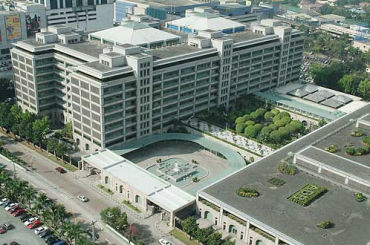

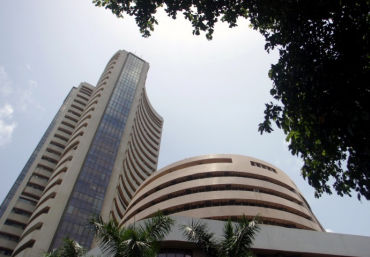

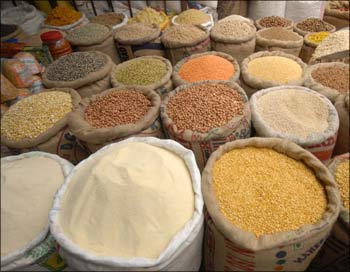
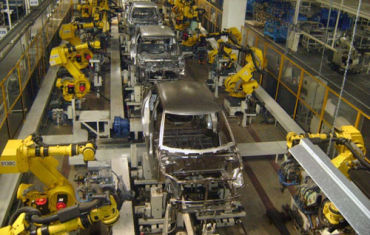
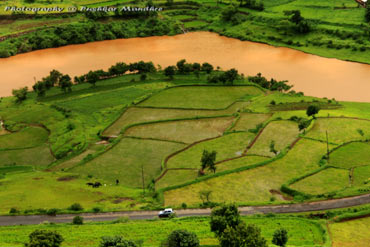
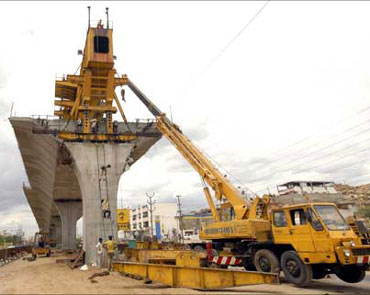
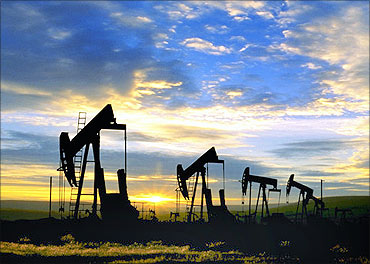
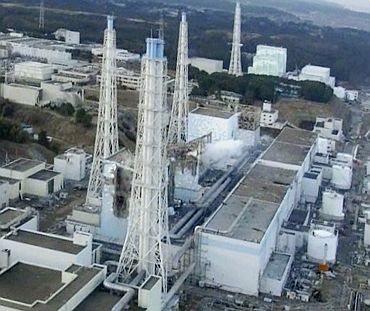

article